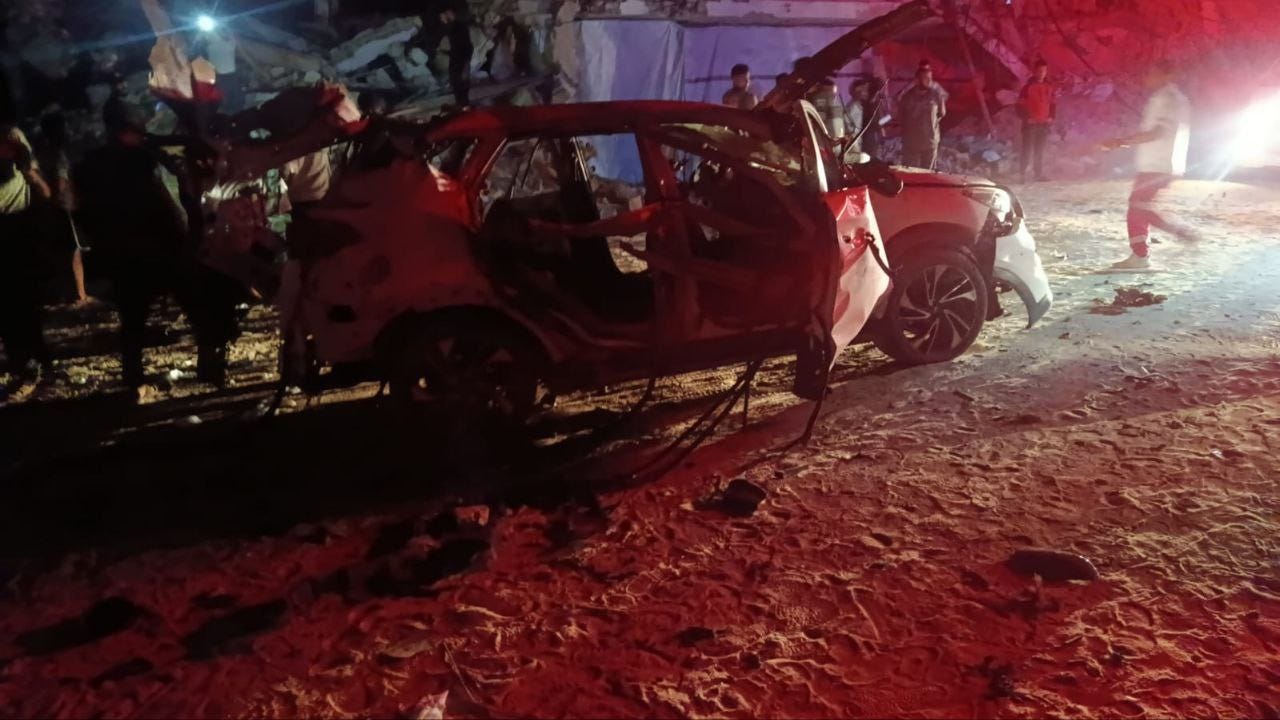Israel Violates Ceasefire Again. After Over 100 Previous Israeli Violations, Why Can’t The Media Just Tell The Truth Already?
Another day of Israeli bombing has lit up Gaza's night sky, and the world's media won't tell you the truth about why.
By Dominick Skinner | 28 October 2025
Israel bombed Gaza again today. You already know that sentence, you’ve read it a hundred times before, sometimes with a comma, sometimes with more context, but always with the same empty tone that says, “something happened,” but avoids the only word that matters: ‘violation.’ Because that’s what it is. It’s a ceasefi…


